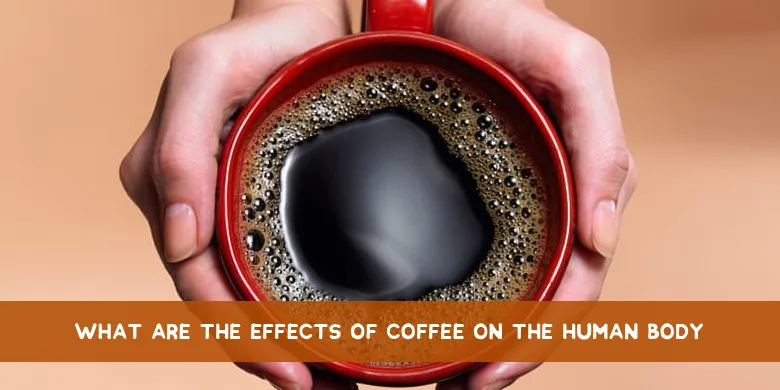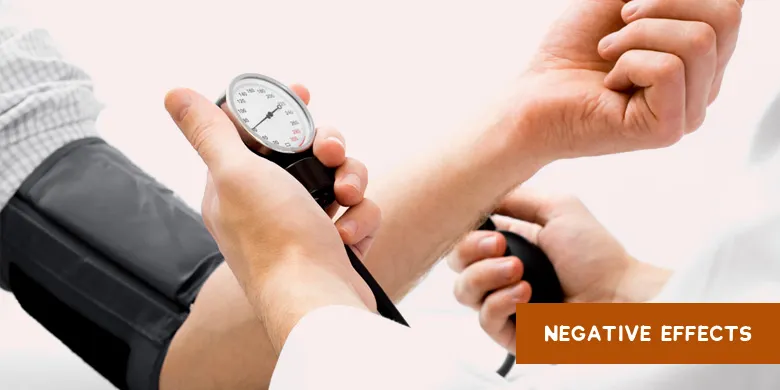What are the Effects of Coffee on the Human Body?

Fig. 1: Effects of coffee on human body
Coffee is the most popular drink in the world. Some people drink it out of habit while others drink coffee to stimulate their bodies and to boost alertness. Whatever the reason, most people may not know the effects of coffee on the human body. As a fact, coffee has both positive and negative effects.
Below, we look at the positive and negative side of coffee on the human body.Positive Effects
-
Coffee helps you lose weight
Consuming coffee increases your metabolism thus stimulating thermogenesis, meaning you burn more fats. Moreover, the chlorogenic acid in coffee slows down the rate of absorption of carbohydrates. This gives more time for breaking down fats. Studies also show that coffee suppresses appetite. This way, you eat less thus making you lose weight.
Reduces the risk of stroke
Caffeine and polyphenol are compounds in coffee that play a major role in reducing the risk of stroke. They increase antioxidant activity, insulin sensitivity, hypocholesterolemia, and vascular endothelial functions. People consuming coffee have less stroke-related cases compared to those that do not consume coffee. People are being encouraged to consume moderate coffee to reduce the risk of stroke; there are good options for coffee to choose from.
-
Coffee raises your metabolism
It does this by increasing the adrenaline levels in your body. Therefore, blood flows faster to your brain and heart hence increasing your ability to perform work and exercise.
Reduces the risk of Parkinson's disease
Studies have shown that people who take coffee are less likely to develop Parkinson's disease. It improves the movements and amount of stiffness thus reducing the risk of Parkinson’s disease.
Lowers the risk of Type 2 Diabetes
Coffee contains magnesium, which is linked to lower risk of type 2 diabetes. It reduces it by increasing the insulin sensitivity.

Fig. 2: Positive Effects of coffee on human body
Negative Effects
-
Causes nausea, bloating, heartburn, and indigestion
Coffee increases the production of hydrochloric acid in the stomach. The acid damages the lining of the stomach by irritating it leading to feelings of nausea, bloating, heartburn, and indigestion. This happens when you consume coffee on an empty stomach.
High blood pressure
Coffee makes your heart pump more blood thus making the heart work twice as much. This increases the risk of heart disease and disorders.
-
Anxiety
Too much coffee may lead to anxiety. Coffee reduces cortisol hormone levels, which is responsible for increasing your focus through the day. This will make you feel fatigued and have anxiety hence may negatively affect your performance.
Addiction
Daily consumption of excess coffee may result in addiction. Caffeine in coffee is what causes the addictive effect. People who become addicted to coffee are likely to have withdrawal symptoms such as anxiety, headache, fatigue, concentration difficulties, drowsiness, irritability, nausea, and vomiting.

Fig. 3: Negetive Effects of coffee on human body
Surely, it’s challenging to determine whether the positive effects outweigh the negative effects and vice versa. The effect of coffee on the human body is subject to debate, but the bottom line is, the negative effects can be reduced if you consume the best coffee.


